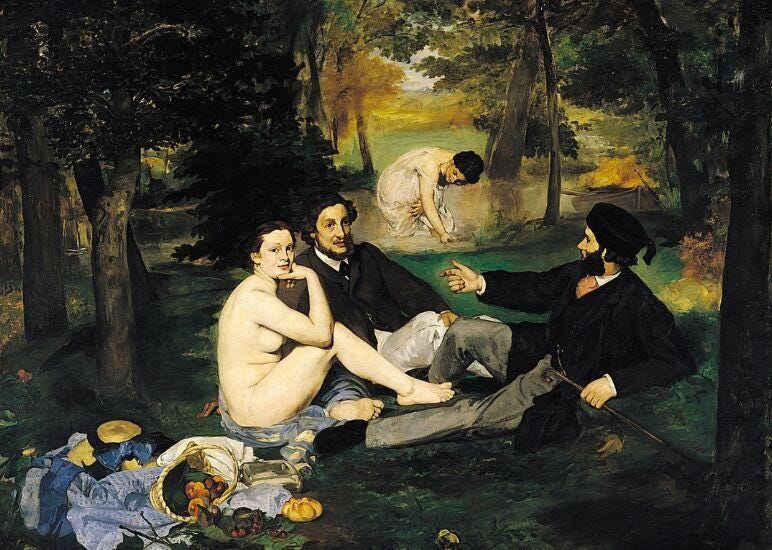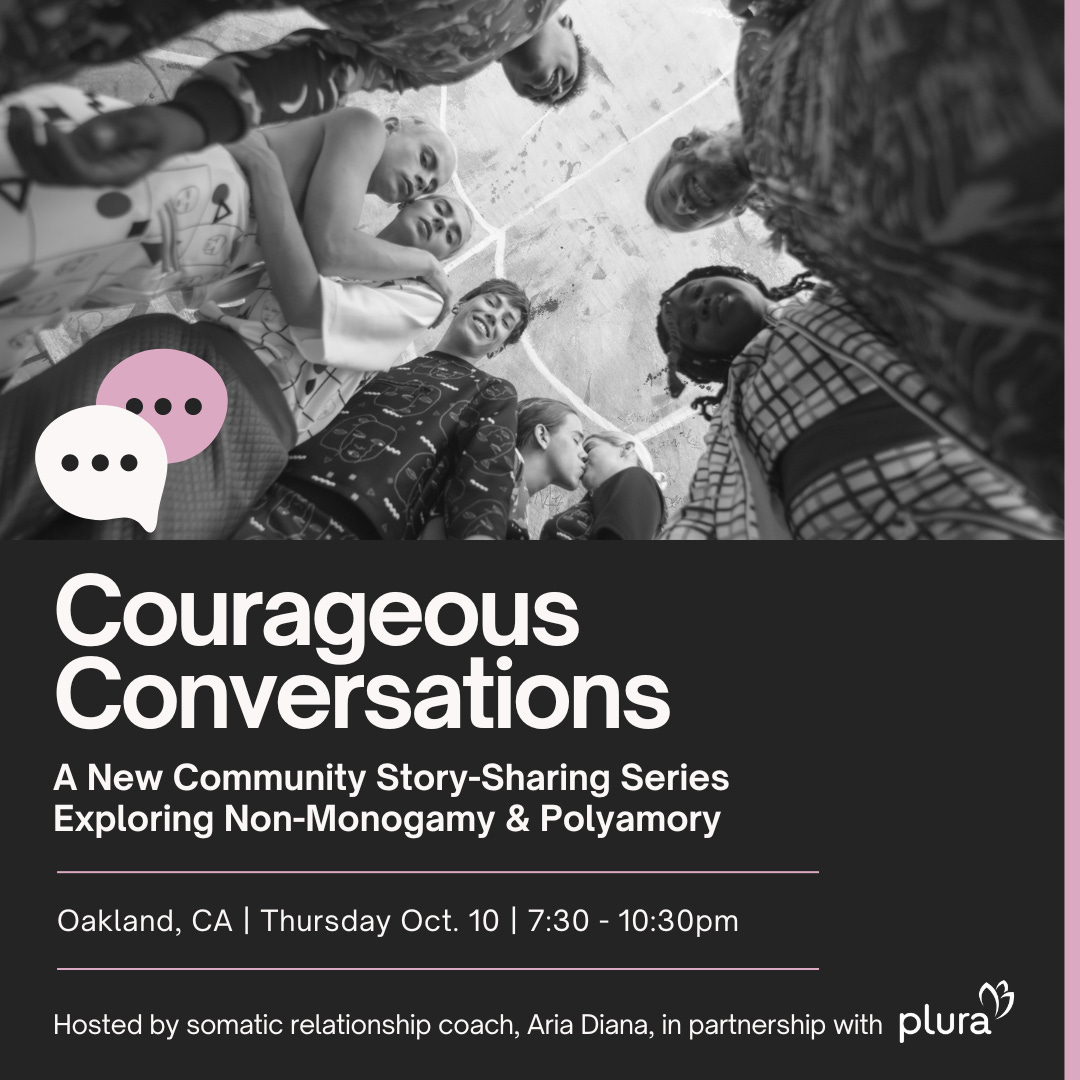"Can polyamory really be healthy?"
A question from a paid reader, for my paid readers. In short: Yes. Love isn't finite and exclusivity isn't the hallmark of healthy love.
When I first received this question from one of my coaching clients—"Can polyamory really be healthy?"—my first inclination was to ask: "Can monogamy really be healthy, especially when so few people realize it’s a choice?”
Most haven’t consciously consented to monogamy because they don’t recognize that real consent requires having alternatives—and many aren’t even aware that there are other options.

Before I offer a more in-depth response to today’s Q&A for paid readers, I wanted to share some exciting news!
I'm launching a new monthly in-person event series in Oakland, starting October 10th in partnership with Plura. Join us every 2nd Thursday through the end of the year for themed discussions on polyamorous and non-monogamous relationships. October's theme: confronting our 'relationship ghosts'—bring a story exploring how past experiences still haunt, influence or shape the dynamics you're creating today. Get a ticket, bring a story, and mark your calendars for other topics to explore with like-minded community on Nov 14 & Dec 12!
To answer today’s reader question, "Can polyamory really be healthy?" the question that makes more sense to begin with is: “How do you define healthy love?”
One of my favorite queer female friends talks about the difference between rising in love vs. falling in love. To me, rising in love is the definition of healthy love — it is not about unconscious patterns or losing ourselves in passion, fantasies, projections and psychological entanglement or attachment…
Keep reading with a 7-day free trial
Subscribe to Navigating Non-Monogamy with Aria Diana to keep reading this post and get 7 days of free access to the full post archives.





